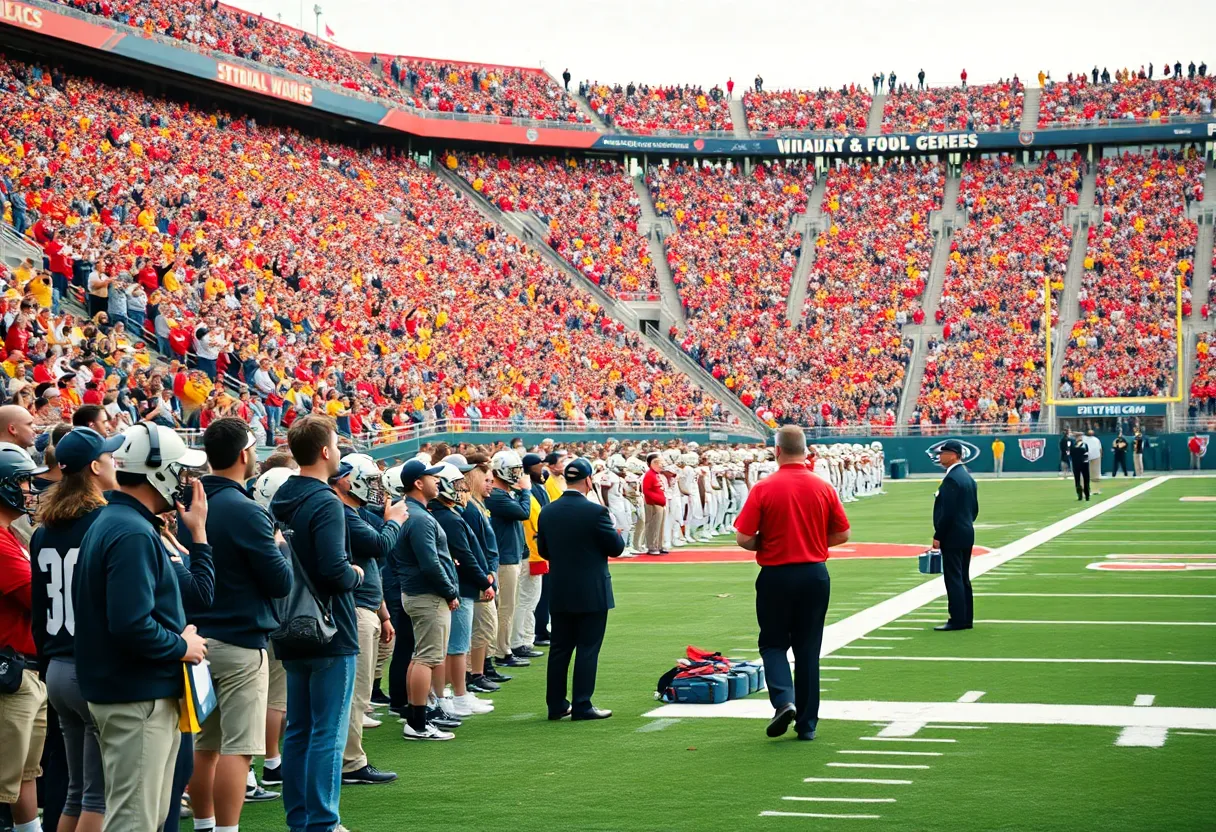Memphis School Leaders React to Tennessee Voucher Bill’s Failure
On Monday, Tennessee Governor, Bill Lee, announced with disappointment that his proposed statewide school voucher program, the Education Freedom Scholarship Act, would not be moving forward this year. The $144-million bill intended to provide $7,075 in state funds to 20,000 students aspiring for private school education in 2024-2025. However, not having a path forwards in the current legislative session, the bill faced its demise.
Public School Officials’ Reactions
Despite this being a disheartening revelation for Governor Lee, public education leaders received this news with relief. They expressed concerns over the bill’s implications on public schools, namely, channeling public funds to private schools, reducing the state’s regulation on private institutions, and the lack of substantial evidence that switching to private schools using vouchers improves student performance. Public school officials were vocal in opposing the bill, expressing relief at its halt.
Collierville Schools, in a released statement, showed their gratitude to those legislators who sided with educators and school boards in rejecting the bill. They pledged their continued advocacy for high standards and beneficial investments necessary to support a robust public education system in Tennessee. Similarly, the Memphis-Shelby County Board of Education previously passed a resolution opposing the Act.
‘Cannot Stay Silent’
Despite the failure of the bill, public school leaders remain wary about what lies ahead. Lakeland School System Superintendent Ted Horrell warned public school advocates to maintain their vigilance. He believes that the Governor will strive to reintroduce the voucher program next year. Similarly, Arlington Community Schools Superintendent Jeff Mayo viewed the bill’s demise as a small victory but warned about the potential return of the bill in the next legislative session.
Elements of the Bill Worth Retaining
Despite their opposition to the voucher initiative, public school leaders approved of various aspects of the bill. The House GOP version sought to make significant reforms to public school testing requirements and teacher and principal performance assessments, while Senate Republicans demanded academic testing for participating students and facilitated out-of-county public school enrollment. These elements, public education advocates argue, might be worth revisiting in the future, albeit independently from vouchers.
Supporters of the Bill
While the bill faced staunch opposition from various quarters, it also had its share of supporters, particularly parents and students who stood to benefit. The Education Savings Account program, another of Lee’s voucher initiatives implemented in 2022, saw positive feedback, with 91% of parents surveyed by the Tennessee Department of Education expressing satisfaction with the academic growth of their children due to the program.
Despite the bill’s failure in the current legislative session, the heated debate indicates that it is likely to reemerge in the future, with modifications informed by the extensive feedback and reactions it sparked this year.

Author: STAFF HERE MEMPHIS WRITER
The MEMPHIS STAFF WRITER represents the experienced team at HEREMemphis.com, your go-to source for actionable local news and information in Memphis, Shelby County, and beyond. Specializing in "news you can use," we cover essential topics like product reviews for personal and business needs, local business directories, politics, real estate trends, neighborhood insights, and state news affecting the area—with deep expertise drawn from years of dedicated reporting and strong community input, including local press releases and business updates. We deliver top reporting on high-value events such as Beale Street Music Festival, Elvis Week, and Memphis in May International Festival. Our coverage extends to key organizations like the Greater Memphis Chamber and the Memphis Convention & Visitors Bureau, plus leading businesses in logistics, healthcare, and music that power the local economy such as FedEx, St. Jude Children's Research Hospital, and AutoZone. As part of the broader HERE network, including HEREBristol.com, HEREChattanooga.com, HEREKnoxville.com, and HERENashville.com, we provide comprehensive, credible insights into Tennessee's dynamic landscape.






